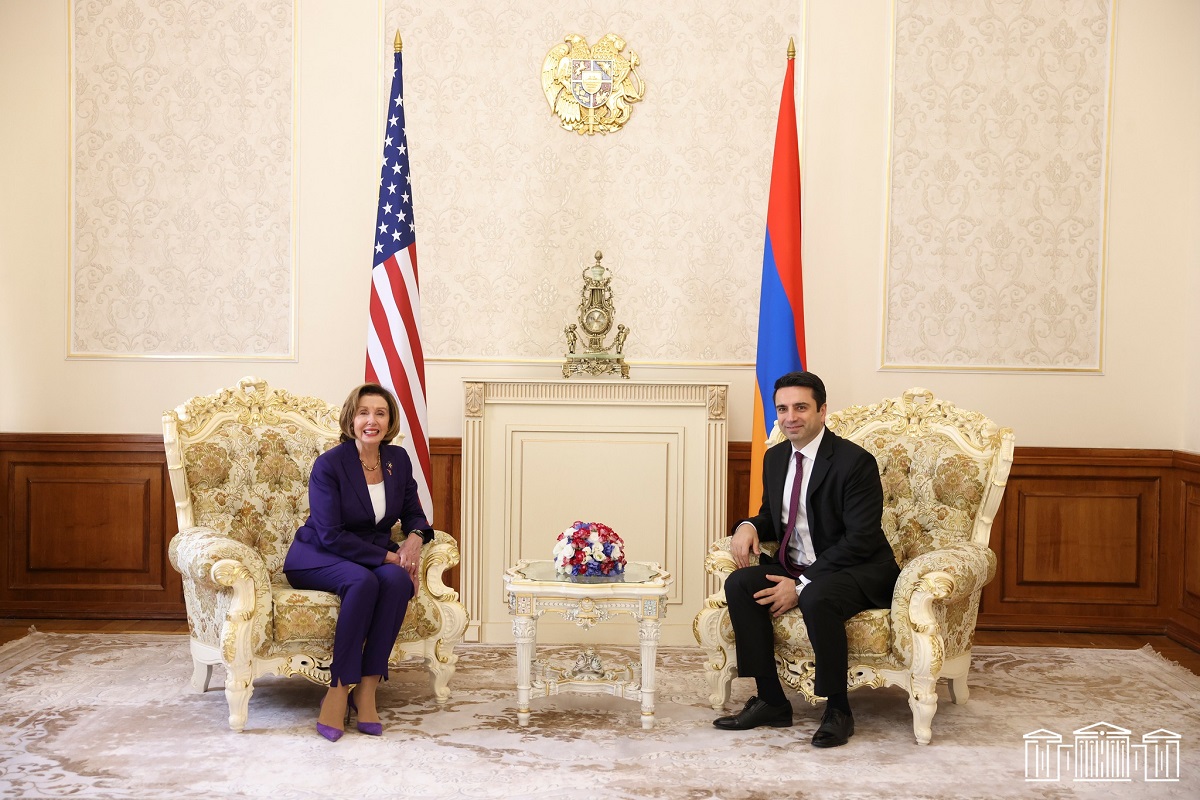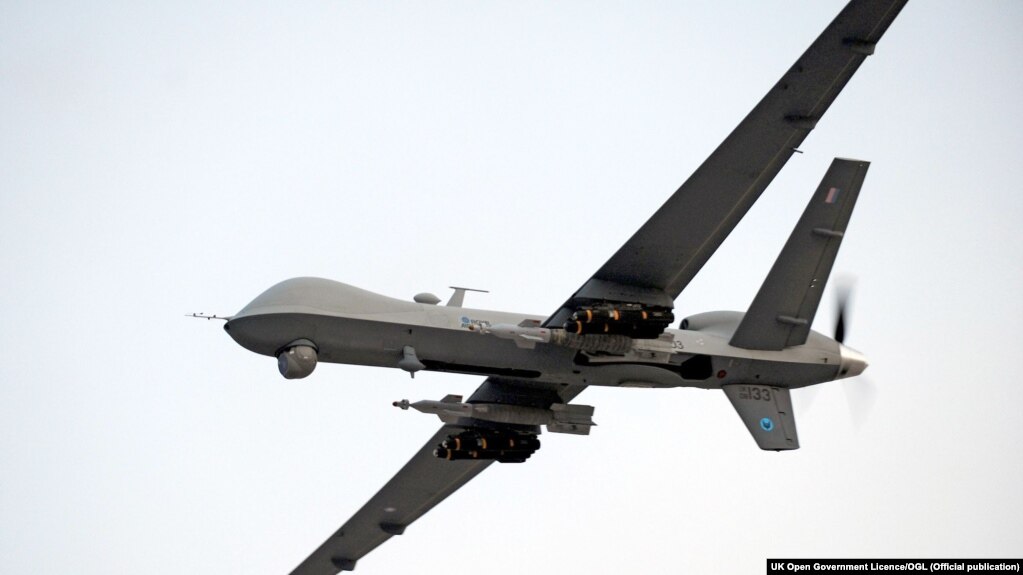"Our ally isn't fulfilling its obligation to supply weapons" - Prime Minister of Armenia
Where and how Armenia obtains weapons
“There are cases when hundreds of millions of dollars have been paid but the supply of weapons to Armenia is not fulfilled, including by allied countries,” the Prime Minister of Armenia stated at a government meeting.
Nikol Pashinyan did not specify which ally he was talking about. However, it is no secret that Russia is Armenia’s strategic ally and the main supplier of weapons. The prime minister said that Azerbaijan “has some success” in relations with these same allies and is trying to prevent the supply of weapons to Armenia.
Continuing the topic, Deputy Speaker of the Parliament Ruben Rubinyan stated that the Prime Minister’s facts indicate a need to revise “the security architecture that we have developed over thirty years.”
Important details from Pashinyan’s statement on the acquisition of weapons and the obligations of Armenia’s allies, as well as information on where and what weapons are being purchased.
- “Azerbaijan intends to occupy other territories of Armenia” – Pashinyan from UN rostrum
- The consequences of the “new war” in Ombudsman of Armenia’s report
- Are there countries ready to sell weapons to Armenia? Opinions from Yerevan
This month Pashinyan raised the subject of arms supplies for the second time. On September 13 he stated from the rostrum of parliament that not all countries are ready to sell weapons to Armenia:
“Some countries are ready to sell to us, some are not. And this has consequences in the realm of security.”
Meanwhile, since July the Indian media have been publishing information that Armenia inteds to buy drones from India. According to latest data from The Economic Times, in early September Armenia and India signed a package of agreements on the supply of weapons.
“Azerbaijan is trying to ensure that weapons are not supplied”
On September 29 Pashinyan began a meeting of government “with details about the latest aggression of Azerbaijan”, subsequently mentioning the supply of weapons.
According to Pashinyan, yesterday the Armenian Armed Forces carried out engineering work on the border, precisely on the territory of Armenia. The prime minister stressed that the Azerbaijani units which attacked Armenian positions were also on Armenian territory.
“The position of Armenia is unequivocal and unambiguous: the armed forces of Azerbaijan must be withdrawn from the territory of the Republic of Armenia,” he once again stated.
On September 28 the Armenian Defense Ministry reported that at 18:00, the Azerbaijani armed forces opened fire in the direction of combat positions located in the eastern direction of the border. After 22:00 the situation had relatively stabilized. But along with this information, it was reported that three Armenian soldiers were killed in the battles.
The Armenian Foreign Ministry described Azerbaijan’s actions as “a continuation of the large-scale aggression against the territorial integrity of Armenia which began on September 13.”
According to Pashinyan, Baku is trying to prevent reforms in the Armenian Armed Forces and the supply of weapons:
“Unfortunately, they have some success in relations with our allies. Wherever possible they try to prevent the supply of weapons and ammunition to Armenia.”
According to the prime minister, Baku aims to ensure that Armenia renounces its statehood, sovereignty and makes concessions regarding its territorial integrity.
“However, we are determined to defend our independence, sovereignty and territorial integrity,” the Prime Minister of Armenia said.
Nikol Pashinyan repeated his proposal to deploy an international observation mission on the Armenian-Azerbaijani border.
“Revisit the security architecture of the last thirty years”
According to Deputy Speaker of the Parliament Ruben Rubinyan, everyone knows who the country’s ally is; the Prime Minister only spoke the facts.
The vice speaker reiterated that after the September invasion of the sovereign territory of Armenia, the CSTO military bloc, of which Armenia is a member and which operates under the auspices of Russia, has not taken practical steps. Moreover, the agreement on mutual assistance with Russia “was not activated”, although Armenia officially applied for help. Rubinyan considers it necessary to assess the situation and understand how to move forward:
“We have to rethink the security architecture of the last thirty years, assess whether the current arrangement is justified.”
Answering a question about the possibility of arms supplies from the United States, Rubinyan said that this topic should not be the subject of public discussion.
Information on the purchase of weapons from India
Yerevan’s intention to purchase weapons, specifically drones, from India was first reported by the Indian DnaIndia, one of Mumbai’s largest English-language newspapers. The newspaper, without naming anyone, also quoted a high-ranking Armenian official as saying that “the 44-day war showed the uselessness of Russian military equipment against Turkish weapons, especially Bayraktar drones.”
After a long pause, information appeared on September 29 that India would supply Armenia with weapons worth $244 million.
Earlier this month the two governments signed a package of arms deals, according to The Economic Times:
“India will export Pinaka missile systems, anti-tank missiles and other munitions to Armenia.”
The delivery of Swathi radars is also planned, according to the report.
Earlier, military expert Karen Hovhannisyan told JAMnews that Armenia needs to move away from Russia as a strategic partner, and that Armenian-Indian relations can be raised to the level of strategic, allied relations:
“The national interests of Armenia and India coincide on many issues. We can be guided by this and develop a strategic partnership. And why not? It is possible to develop the military industry in Armenia with the help of India or create a joint production.”
Armenian-Indian relations intensified after the 2020 war. The last official report on the military cooperation between Yerevan and Delhi came in July from a meeting of the Armenian-Indian intergovernmental commission.
Armenian Foreign Minister Ararat Mirzoyan noted that the defense and military-technical spheres have great potential and are extremely promising for both countries. In response, Sanjay Verma, secretary of the western section of the Indian Foreign Ministry, said that they had already begun “exploring the possibilities of concrete cooperation” and looked forward to a long-term relationship.
Where and how Armenia obtains weapons




















